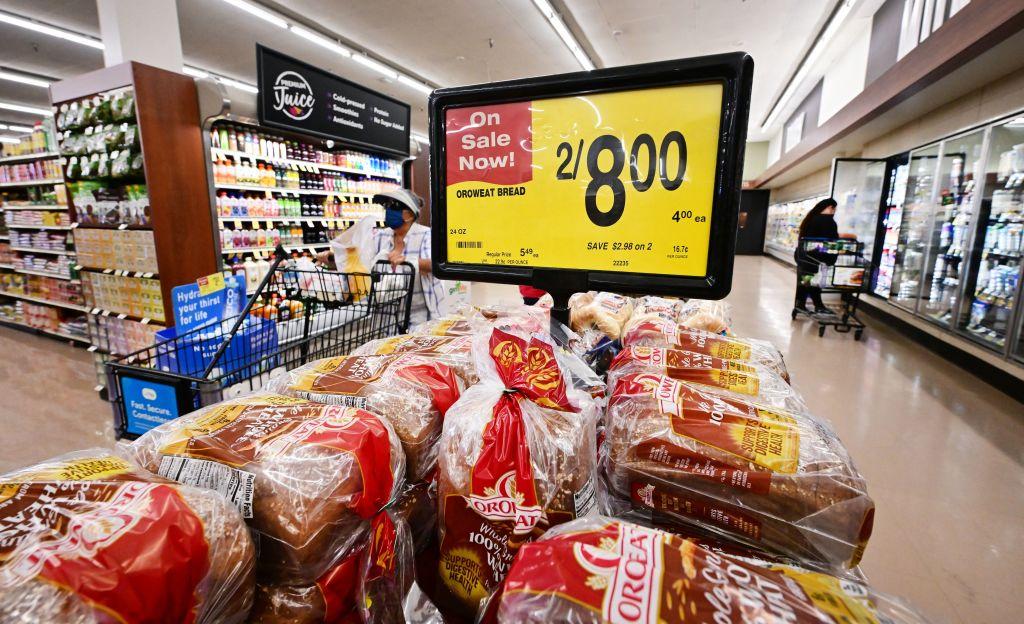As inflation continues to remain elevated, more Americans are finding it difficult to pay their bills, according to a survey by LendingTree.
The survey found that 40 percent of Americans are now less able to afford monthly bills, a slight increase from the more than 38 percent from the same time in 2021. Sixty-two percent found it difficult to pay at least one bill. Fifty-four percent of individuals with a household income of less than $35,000 per year and 42 percent of households earning between $35,000 and $49,000 were struggling to pay bills.





